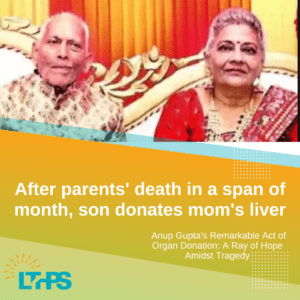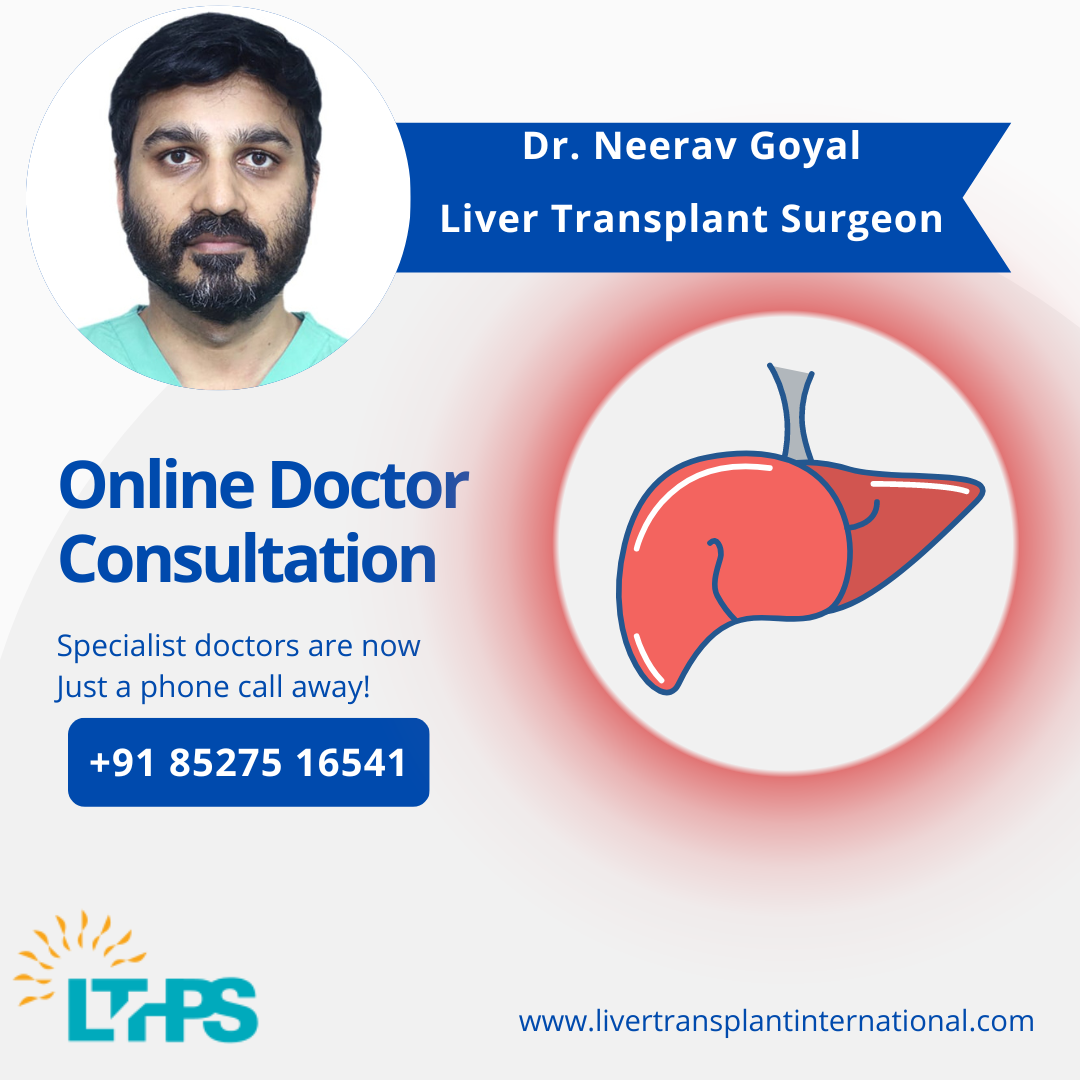Liver which is one of the most important human body part, does more than 500 functions in the body. It generates the waste-carrying bile, breaks down fats in the small intestine, filters the blood to remove toxins, and transforms extra glucose into glycogen for storage. It also improves
the immune system by fending off infections. There are several liver conditions that affect children, and here, the three most common liver conditions in children are discussed:
What is the liver’s function?
As the second largest organ in the body, the liver, which is located in the abdominal cavity, does multiple functions:
● Generates bile, a chemical that helps in food digestion
● Stores excess nutrients
● Helps clear the bloodstream of impurities
● Regulate the levels of cholesterol and blood sugar
● Makes proteins that allow blood to clot normally, transport oxygen, and support the immune system.
What is a liver disease?
Anything that affects or reduces the liver’s ability to function is referred to as liver disease. It can occur as a result of an illness, bad habits or behaviors, or exposure to specific chemicals. It can also be acquired through family traits. If the liver is damaged beyond curing through treatment,
then getting the Best Liver Transplant would be the wise option. Different pediatric liver conditions
Here are three important pediatric liver conditions:
1. Portal hypertension: The spleen and intestine supply blood to the liver through the portal vein. Portal hypertension is the medical term for conditions that involve high blood pressure in these blood arteries or liver-related blood flow resistance. New blood vessels, known as collaterals, grow as a result of this pressure. The collaterals join the intestine’s blood flow to the main circulation, bypassing the liver in the process. So, impurities that were meant to be filtered by the liver find their way into the bloodstream.
2. Autoimmune hepatitis: A child’s own body causes autoimmune hepatitis. An autoimmune disorder is an attack on the body by the immune system, which fights disease. Here, there is an attack on the liver cells. Over time, this affects the liver by causing inflammation.
● Type 1: While it can start at any age, adolescence is the most common time for it to start (9 to 18 years old). Women and those with other autoimmune diseases like lupus, Crohn’s disease, or celiac disease are more likely to experience it.
● Type 2: In. It is more common in younger kids, particularly those with autoimmune disorders already.
3. Jaundice: Jaundice is caused by a rise in bilirubin in the body because of bile duct obstruction, liver cell abnormalities, or inflammation. It can occur as a result of the excessive destruction of a high concentration of red blood cells, which is common in neonates. The first and sometimes the only symptom of liver disease is jaundice.
Final thoughts Go to a reputable hospital as soon as possible if your child shows any of the symptoms or indicators of liver disease. Professionals there will correctly diagnose your child’s illness and start the best course of care. If there is a need for a liver transplant, then look for the Best Liver Transplant for a speedy recovery and rehabilitation.




